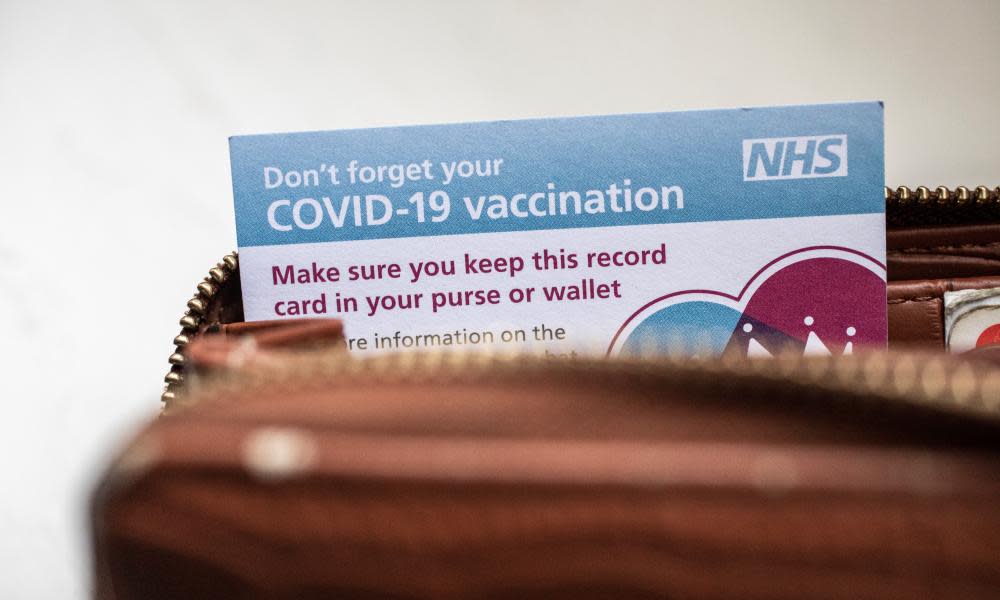Covid passports and the meaning of freedom

I understand that many people will not want to have to show some sort of Covid passport (Covid-status certificate scheme could be unlawful discrimination, says EHRC, 14 April). But as an older person with some medical risk, I am not keen to take the gamble of being near people who do not have such a passport. There must be many like me who will avoid places where such people will be whenever possible, which means that those businesses will lose our custom and we will lose our freedom to go out safely.
Surely the best thing is to have a compromise, whereby each business could have a different policy at different times. For example, perhaps a shop could have a passport-only hour at the start of the day, while a pub, restaurant or cinema could have a passport-only evening once or twice a week. That would give me the freedom to go out safely and also help businesses, while also giving freedom to those without passports.
Janet Poliakoff
Nottingham
• A basic problem in discussions of the pros and cons of vaccination, Covid passports and individual rights versus the collective good is the failure to distinguish between freedom to and freedom from. While I, exercising my freedom to refuse vaccination, might be prepared to accept the risk to myself, what does this do to others’ freedom from the risk of being infected by me?
It is the same fallacy used by the US gun lobby. Rather than freedom to possess a deadly weapon, I prefer the freedom from fear that someone might use theirs on me. Similarly, in the pandemic I have done my best both to protect myself and others by self-isolating and getting vaccinated.
Frank Jackson
Harlow, Essex
• Have an opinion on anything you’ve read in the Guardian today? Please email us your letter and it will be considered for publication.

 Yahoo Movies
Yahoo Movies 
